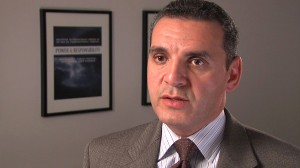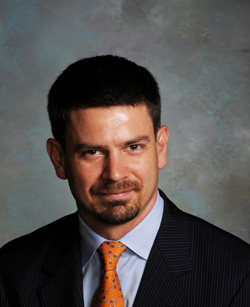Surupa Gupta, associate professor of Political Science and International Affairs, co-edited and wrote in a forum/special section in International Studies Perspective, a peer-reviewed journal in international studies.
The forum, on Indian Foreign Policy under Modi, began as a roundtable at the 2016 annual meeting of the International Studies Association – the premier professional organization in that field.
In addition to her piece on India’s trade policy, Gupta co-wrote the introduction and co-edited the other contributions from six authors.





